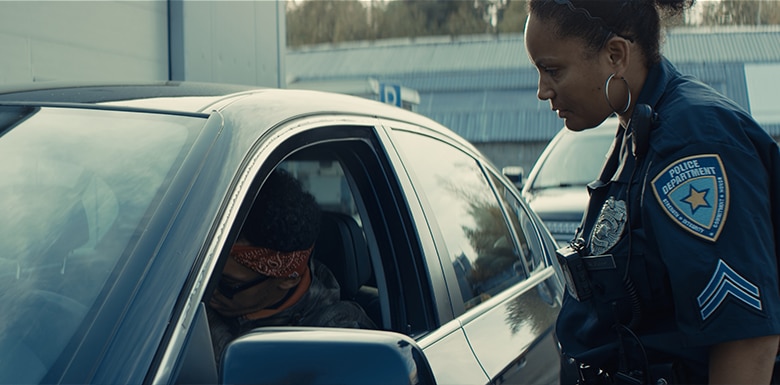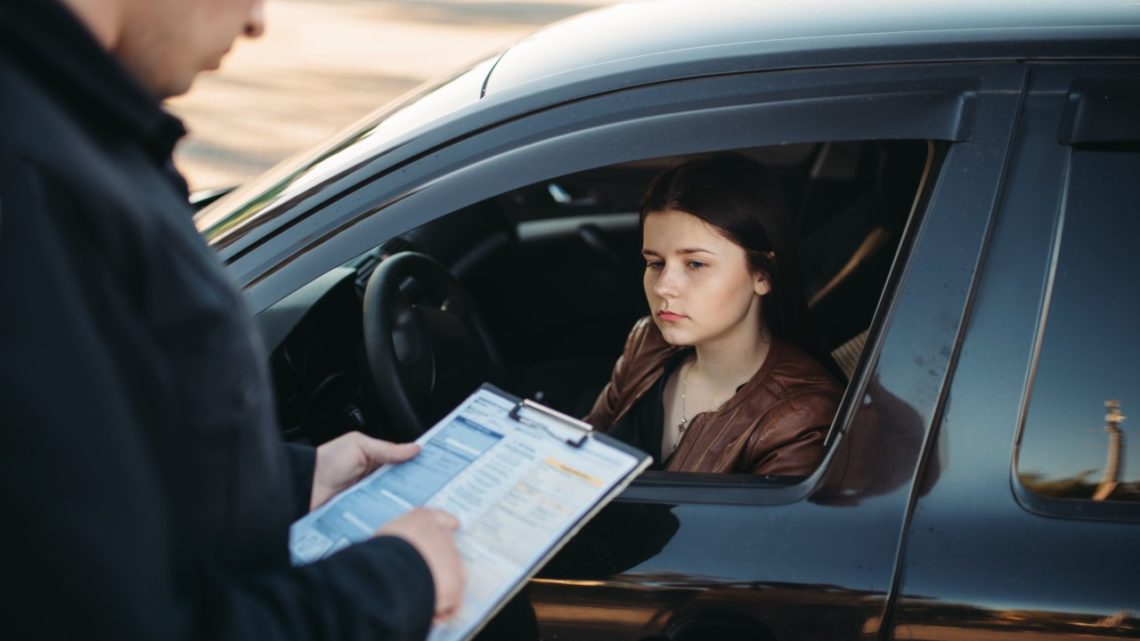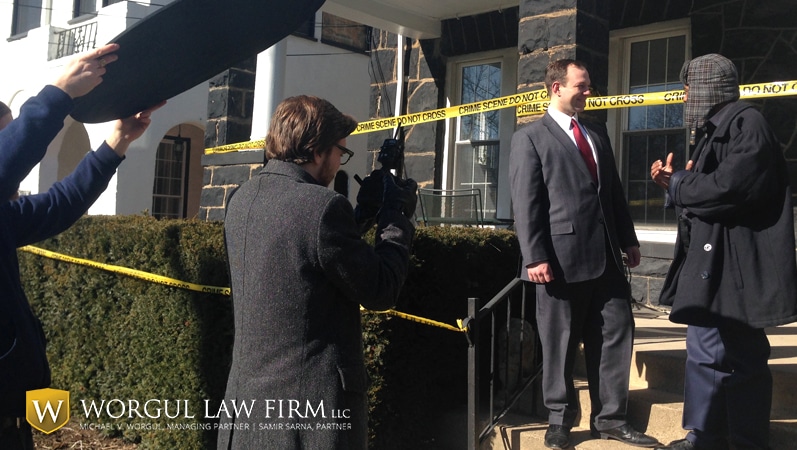What Are Your Rights When the Police Pull You Over in Pennsylvania?

There’s often a misunderstanding on what a police officer can and cannot do during a traffic stop in Pennsylvania. In an effort to be compliant with police and act in good faith, you might end up making self-incriminating statements or consenting to a warrantless vehicle search. Being proactive and understanding your rights could make a significant difference in your case and prevent you from worsening your situation. If you were pulled over in Pennsylvania and think your rights may have been violated, contact the Pittsburgh criminal defense lawyers at Worgul, Sarna & Ness at 412-413-9164 for a Free Consultation.
Jump to a Section:
PA Rights When Stopped by Police
When you’re pulled over by the police in Pennsylvania, be sure to exercise the following rights:
You Have the Right to Remain Silent
When the police pull you over, they might question you or ask you to elaborate on why you think they pulled you over. Anything you do or say can be used against you in court, so it’s best to remain silent to avoid making self-incriminating statements. While you might have to give officers your name if they ask, you should inform the officer out loud that you’d like to exercise your right to remain silent.
You Don’t Have to Consent to a Search
In addition to having the right to remain silent, the Fourth Amendment of the U.S. Constitution protects you from unreasonable search and seizure. If officers do not have probable cause or a warrant to search you or your vehicle, any evidence they obtain cannot be used against you. The only way police can search your car without a warrant is if you consent to the search or if evidence like drugs or weapons are in plain view.
Passengers Might Have the Right to Leave
If you have passengers in the car at the time of the traffic stop, they might be able to leave. The passenger should politely ask the officer if they are under arrest. If the officer says the passenger is not under arrest, they may ask if they can leave.
You Have the Right to an Attorney
The Sixth Amendment of the Constitution grants everyone the right to an attorney, even if you can’t afford one. So, if you’re pulled over and unsure what to do, you should inform the officer that you wish to remain silent until you speak with your lawyer.
What to Do When You’re Pulled Over in Pennsylvania

Seeing flashing red and blue lights in your rearview mirror is enough to make anyone feel nervous. Knowing what to do beforehand could help you handle this situation properly. Here are some tips on what to do when the police pull you over:
Pull Over Safely & Immediately
Do not take too long to pull over when an officer signals for you to do so. As soon as you see the officer’s lights behind you, you should quickly flip on your turn signal to change lanes and pull to the side of the road.
Roll Down Your Window All the Way
You may be wondering if you have to roll your window down for police in Pennsylvania. It is not required to roll down your window, though we recommend you do. Not only does this help communication, but rolling down your window all the way puts the officer at ease and shows them you have nothing to hide. In addition, if the police officer asks you to roll your window down, you should do so to comply with the officer. If you are not sure the person is actually a police officer, you can ask for their badge number and ID to call in.
Keep Your Hands on the Steering Wheel
Police officers face many dangers during traffic stops. Keeping your hands where they can see them indicates that you’re not threatening their safety. Also, do not give the officer any reason to search your car. If the officer sees you hide something under the seat, they may have probable cause to search your car.
Let the Police Officer Speak First
Wait until the officer asks you any questions before you speak. They usually will ask for your license and registration first. Many people make the mistake of asking what they did wrong before complying. This can be considered hostility. It is best to simply hand over your documents and stay quiet.
You may be wondering if Pennsylvania is a stop and ID state. Pennsylvania is not a stop and ID state. If you are stopped by police or arrested, you may choose to show ID when police ask for it. If you choose not to show ID, you could be detained for a longer time while Pennsylvania police attempt to identify you.
Contact an Experienced Pennsylvania Criminal Defense Lawyer Near You

If you were pulled over in Pennsylvania and think your rights may have been violated, contact the Pittsburgh criminal defense lawyers at Worgul, Sarna & Ness at 412-413-9164 for a Free Consultation. If you’re arrested and charged with a crime after a traffic stop, contact a criminal defense lawyer today. The lawyers at Worgul, Sarna & Ness Criminal Defense Attorneys, LLC will personally investigate your case and gather evidence to build your defense.
Pennsylvania Criminal Defense Attorney Review
Check out what Derek had to say about us on Avvo:
“I hired the firm not knowing what to expect, but once I talked to Mr Ness during my consultation he was professional and honest with me. He introduced me to the partner who took my case, Mr Sarna, who is hands-down and very good attorney and person. He was always there for me and always answered my questions. What was most important of all is that they deliver and give great results. If you are in a bind and need to catch a break from something unfortunate, hire this firm, they’ll help you out.”
Rating: 5/5 ⭐⭐⭐⭐⭐